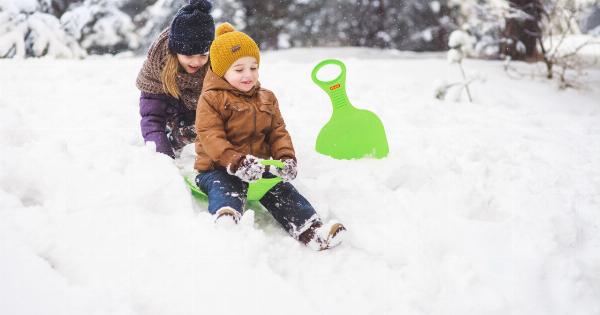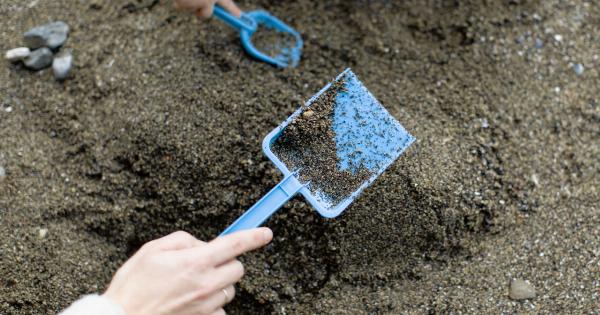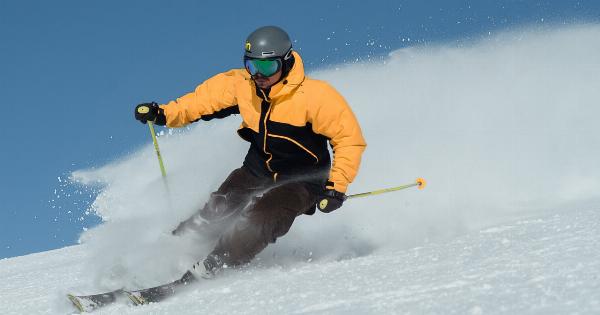Winter vacations can be a perfect opportunity to spend quality time with family and friends, enjoying the beauty of snowy landscapes and engaging in thrilling winter activities.
However, it is essential to prioritize safety during these vacations to ensure a memorable and incident-free experience. Whether you are planning to hit the slopes for skiing, embark on a snowshoeing adventure, or simply relax in a cozy cabin, following these winter vacation safety tips will help keep you and your loved ones safe and sound.
1. Check Weather Conditions
Prior to any outdoor activity, it is vital to stay updated on the weather conditions in the area you plan to visit. Winter storms, blizzards, and extreme temperatures can pose significant risks.
If severe weather warnings are issued, consider rescheduling your trip or altering your plans to avoid any potential dangers.
2. Dress Appropriately
Layering your clothing is crucial to stay warm and comfortable during winter vacations. Start with a moisture-wicking base layer to keep sweat away from your skin.
Add insulating layers for warmth, such as fleece or down jackets, and opt for waterproof and windproof outerwear to protect against the elements. Don’t forget to wear thermal socks, insulated boots, hats, scarves, and gloves to ensure all areas of your body are well protected.
3. Protect Your Skin
Although it may not seem obvious, the winter sun can be just as harmful as during the summer. Arrange for proper protection by applying a broad-spectrum sunscreen with a high SPF, even on cloudy days.
Additionally, wear lip balm with SPF, moisturize your skin, and cover any exposed areas to prevent frostbite.
4. Stay Hydrated
Hydration is as important during winter as it is during the warmer months. Cold weather and high altitude can increase the risk of dehydration.
Pack enough water, warm beverages, and hydrating snacks to keep your body properly nourished and hydrated throughout your vacation.
5. Stay on Marked Trails
When engaging in winter activities like skiing, snowboarding, or snowshoeing, it is crucial to stay on marked and designated trails.
Venturing off-trail can be dangerous, as you may encounter treacherous terrain, hidden crevices, or avalanche-prone areas. Follow the instructions provided by local authorities or guides to ensure your safety.
6. Familiarize Yourself with Safety Equipment
Before participating in any winter activities, ensure you are well-versed in operating the necessary safety equipment.
This includes knowing how to properly use ski bindings, understanding avalanche safety procedures, and becoming familiar with the function of winter gear such as crampons or ice axes. Taking a course or hiring a qualified instructor can provide invaluable knowledge to prevent accidents.
7. Be Aware of Frostbite and Hypothermia
Frostbite and hypothermia are serious risks during winter vacations, especially in extremely cold conditions.
Learn to recognize the signs and symptoms of these conditions, such as numbness, discoloration, or blistering of the skin, intense shivering, confusion, or slurred speech. If you or someone in your group experiences any of these symptoms, seek immediate shelter, warm the affected areas, and seek medical assistance if necessary.
8. Prepare an Emergency Kit
Having an emergency kit readily available is crucial during winter vacations. Include items such as extra clothing, blankets, a first-aid kit, a flashlight, extra batteries, matches, a whistle, and non-perishable food.
In case of getting stranded or lost, this kit will prove invaluable.
9. Travel in a Group
It is generally safer to travel in a group rather than alone during winter vacations. Having companions provides an extra layer of support and assistance in case of emergencies or accidents.
Moreover, activities like skiing and snowboarding can be more enjoyable when shared with others.
10. Understand Ice Safety
When visiting icy destinations or frozen bodies of water, understanding ice safety is essential. Avoid walking or skating on unfamiliar ice, as it may be weak or prone to cracking.
Check with local authorities or experienced locals regarding the thickness and safety of ice before engaging in any activities.

























